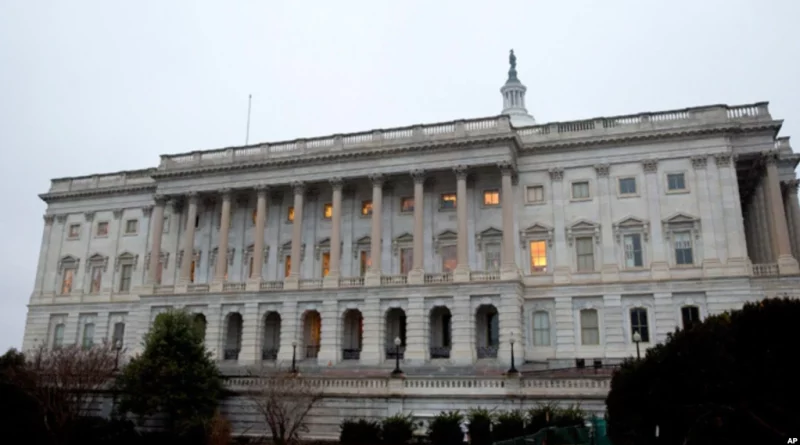Trump was called to the House of Representatives to testify about the Capitol assault
Trump was called to the House of Representatives to testify about the Capitol assault
Lawmakers investigating the January 2021 storming of the Capitol have subpoenaed former President Donald Trump to testify before Congress about his alleged involvement in the violence unleashed by his supporters.
The subpoena was sent to the former president after a House special committee of seven Democrats and two Republicans voted unanimously last week to force Trump to appear before the panel.
The congressmen are demanding that Trump submit documents to the committee no later than Nov. 4 and appear to testify Nov. 14, the first Monday after the congressional midterm elections, which will be held Nov. 8. The letter sent to Trump accuses him of “personally orchestrating and directing” an attempt “to cancel the 2020 presidential election and prevent a peaceful transition of power.”
Trump, according to members of the special committee, has continued to push for his victory despite the fact that his claims of massive election fraud have been rejected by more than 60 courts and refuted by his own campaign staff and senior advisers.
“You were at the center of the president’s first and only attempt in U.S. history to overturn an election and prevent a peaceful transfer of power, which ultimately led to a bloody attack on our own Capitol and on Congress itself,” the letter said.
So far, only former Trump adviser Steve Bannon has been arraigned and convicted of contempt of Congress for failing to appear on a subpoena sent to him. Bannon was sentenced today to four months in prison, though he will remain free on bail pending his appeal.
It is extremely unlikely that Donald Trump will agree to testify before the committee. The subpoena expires at the same time as the term of the current Congress in January anyway. Republicans are expected to win the House of Representatives in the November elections and plan to end the investigation immediately.
But today’s move marks an aggressive escalation of the investigation, which has issued more than 100 subpoenas and questioned more than 1,000 people since its launch in 2021.
While no sitting president has ever been forced to testify before Congress, lawmakers have summoned former presidents to discuss their actions as head of state.
Donald Trump himself has not yet responded in any way to the subpoena sent to him. If he were to appear, he would have to testify under oath, and if he lied, he could be charged with perjury.
Trump criticized the special committee’s decision last week, calling the subpoena a political move. He also filed a 14-page complaint that did not mention whether he would testify.
If he refuses to comply with the special committee’s request, the House of Representatives could hold him in contempt of Congress, recommending that the Justice Department prosecute the former president in court, as it did in the Bannon case.
During eight hearings over the summer, the commission presented a wealth of evidence implicating the former president in a convoluted series of schemes aimed at undoing the 2020 election.
Witnesses provided examples of how Trump and his allies pressured election officials to invalidate legally cast votes in swing states, and described Trump’s inaction amid riots unleashed by his supporters.
The committee also insists that Trump, who continues to spread misinformation about the 2020 presidential election, remains a “clear and present” threat to democracy.
Lawmakers plan to release a final report by the end of the year.
The committee has not announced whether it will directly ask that Trump be prosecuted for the Capitol attack, though the move would mean little more than a symbolic gesture since the Justice Department is already investigating.
